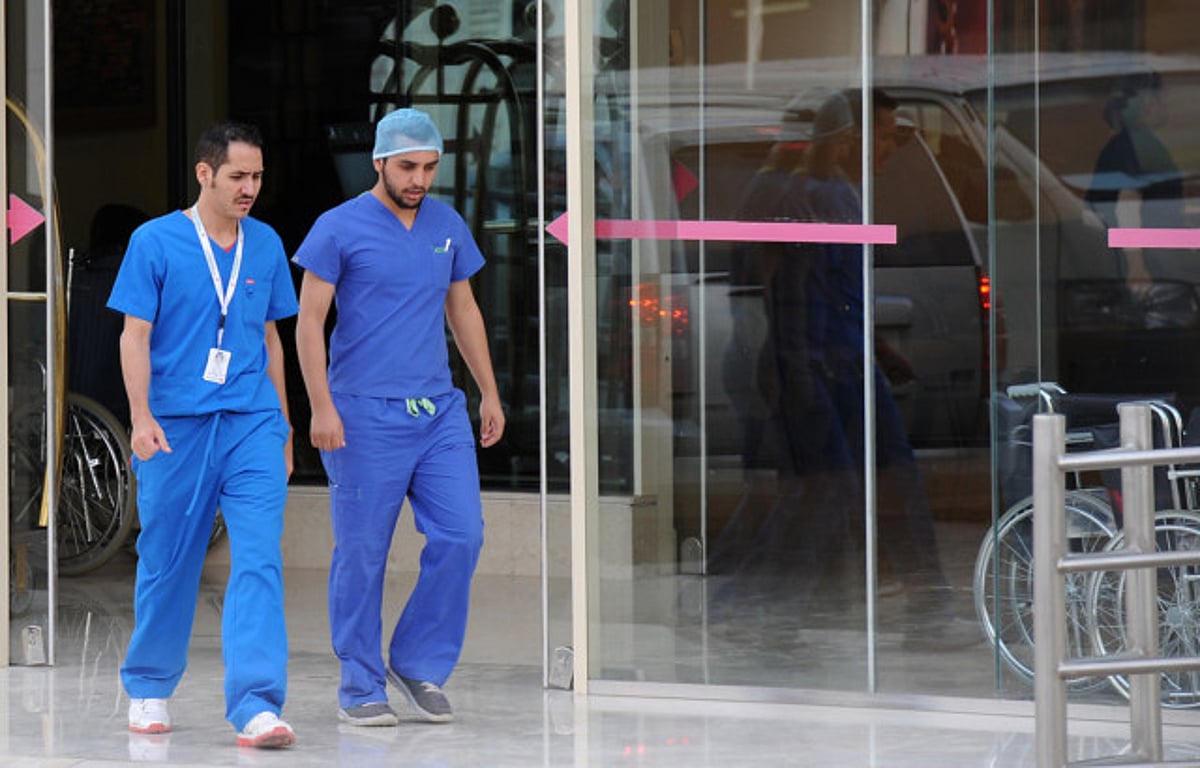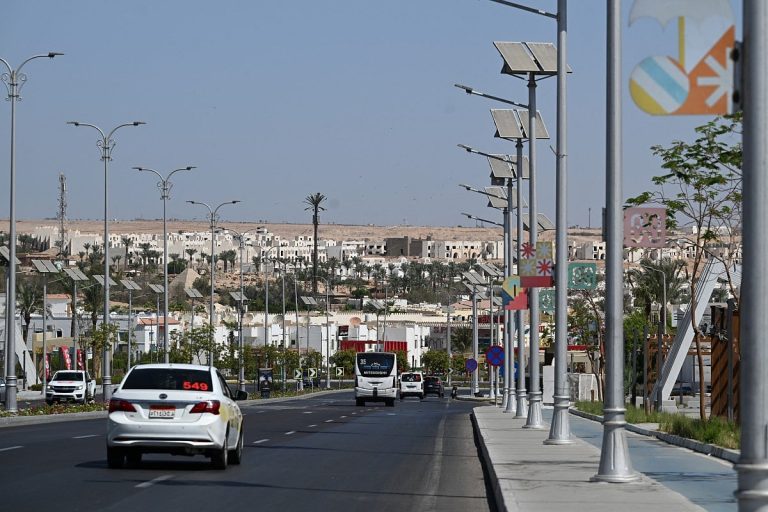Saudi Arabia Boosts Healthcare Jobs for Citizens
Saudi Arabia is taking significant steps to increase the employment of its citizens in the healthcare sector. The Ministry of Human Resources and Social Development, in collaboration with the Ministry of Health, has initiated the second phase of its Saudisation plan, which will be implemented starting October 17, 2025. This initiative aims to elevate the participation of Saudi nationals in key health professions within the private sector.
New Localization Targets
The updated regulations set ambitious nationalisation targets for four critical medical fields. Clinical nutrition and physical therapy will see a localisation rate of 80%, while medical laboratories will have a target of 70%, and radiology will aim for 65%. Additionally, the policy establishes a minimum monthly salary of SR7,000 for specialists and SR5,000 for technicians, ensuring competitive compensation for healthcare professionals.
Goals of the Initiative
This initiative is part of a broader strategy to enhance the sustainability and competitiveness of the Saudi workforce in the healthcare sector. It aligns with the Labour Market Strategy and the Health Sector Transformation Program, both of which are key components of Saudi Vision 2030. The Ministry emphasizes that increasing Saudi participation in healthcare is vital for the overall development of the country’s labour market.
Support for Employers
To facilitate compliance with the new regulations, the Ministry has released detailed procedural guidelines for private healthcare facilities. Employers are encouraged to adhere to these guidelines to avoid penalties. Furthermore, the Human Resources Development Fund (HADAF) will provide support to private establishments, including training programs, recruitment assistance, and access to a pool of national talent.
FAQs
What is the Saudisation plan?
The Saudisation plan aims to increase the employment of Saudi nationals in various sectors, including healthcare, by setting specific localisation targets for different professions.
When will the new regulations take effect?
The new Saudisation regulations for the healthcare sector will come into effect on October 17, 2025.
What support is available for private healthcare facilities?
Private healthcare facilities can access support from the Human Resources Development Fund (HADAF), which offers training, recruitment assistance, and access to national talent pools.
Conclusion
The second phase of the Saudisation plan represents a significant effort by Saudi Arabia to bolster employment opportunities for its citizens in the healthcare sector. By setting clear targets and providing support to employers, the initiative aims to create a more sustainable and competitive workforce in line with the goals of Saudi Vision 2030. As the implementation date approaches, stakeholders will need to prepare for these changes to ensure compliance and maximize the benefits of this initiative.
The healthcare sector in Saudi Arabia has been undergoing substantial reforms in recent years, driven by the need to diversify the economy and reduce reliance on foreign labor. The Saudisation initiative is a critical element of this transformation, aiming not only to create job opportunities for Saudi citizens but also to enhance the quality of healthcare services by ensuring that qualified professionals are available in the workforce. This focus on local talent is expected to lead to improved patient care and greater accountability within the healthcare system.
In addition to the immediate benefits of increased employment for Saudi nationals, the Saudisation plan is also designed to foster long-term growth in the healthcare sector. By investing in training and development programs, the government aims to cultivate a skilled workforce capable of meeting the evolving demands of the industry. This approach is particularly important as the country faces challenges related to an aging population and the rising prevalence of chronic diseases, which require a robust healthcare infrastructure and a well-trained workforce to address effectively.
The implementation of these new regulations is likely to have a ripple effect across the private healthcare sector, prompting facilities to reassess their staffing strategies and invest in the development of their employees. As healthcare providers adapt to the new requirements, they may also explore partnerships with educational institutions to create tailored training programs that align with the localization targets. This collaborative effort could further strengthen the healthcare ecosystem in Saudi Arabia, ultimately contributing to the overarching goals of economic diversification and sustainable development outlined in Saudi Vision 2030.
Also Read:
Zoho Achieves Growth and AI Milestones at GITEX 2025







